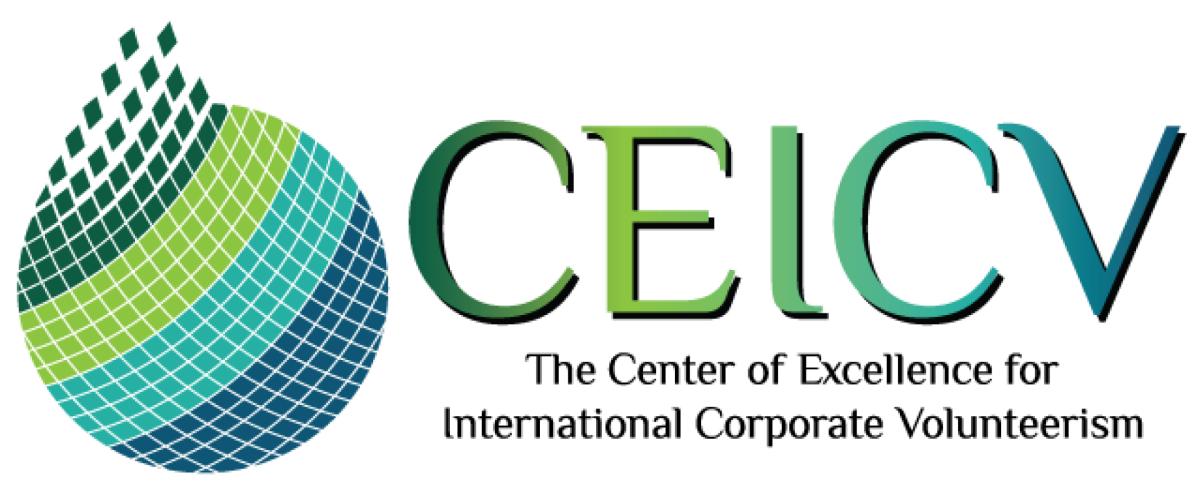IBM, USAID and CDC Development Solutions Spearhead a New Approach to Public-Private Partnership
IBM Helps Ghana’s Ministry of Health Work Smarter
Posted on The New Global Citizen
With a growing proportion of Ghana’s GDP devoted to health care, and with the cost associated with the delivery of medicines and other health services on the rise, The Ghanaian Ministry of Health had a problem. Actually, a few:
Supply of suitable quality medical products is limited, a deficit that is amplified by uneven planning and coordination across the Ministry. This, paired with a lack of sufficient visibility and insight into medical data, led to frequent misalignment of health objectives and incentives. Together, these challenges made it difficult for the Ministry to provide for the healthcare needs of Ghana’s citizens.
Working with USAID, the Ministry agreed it was time to set a new course and tackle its challenges head-on. To revamp key health care services, the Ministry turned to an international team of skilled corporate volunteers from IBM for assistance in forging its new path to the future.
A global team of 12 of some of IBM’s most talented employees arrived in Accra, Ghana, to assist in the development of a comprehensive and coordinated strategic plan to strengthen the public sector’s health care supply-chain management system. The Ministry also received assistance from the usual suspects—government aid agencies, multilateral banks, and other international organizations—who all played key roles in the Ministry’s plans for charting a new path. But the involvement of the private sector in the form of IBM’s Corporate Service Corps is part of a significant shift in the way global stakeholders work together to address development challenges. This team was part of a broader partnership among USAID, IBM, and CDS that allows USAID Missions and beneficiaries to receive pro-bono business and technical expertise from multinational corporations through collaborative public-private partnership (PPP).



